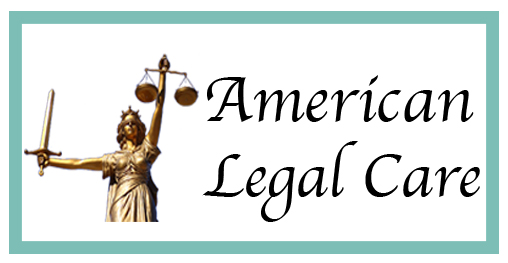Understanding Guardianship
When taking responsibility for a child who needs the care and guidance of a parental figure, it’s important to follow the correct legal channels to ensure his or her welfare. This includes either adopting the child or establishing guardianship depending which is most appropriate for your specific situation. In the simplest terms, a guardian has temporary custody of the child while adoption is permanent. Like an adoptive parent, a guardian is responsible for all aspects of the child’s well-being. This includes food, clothing, medical care, housing, and education. If an estate or trust has been established for the child, the guardian is also responsible for managing financial affairs until the child turns 18. While a guardian has the legal right and responsibility to care for and make decisions on behalf of the child, his or her birth parents maintain a legal relationship. The guardianship is established as a temporary caregiving solution when the legal parent is unable to provide care. In some cases, this arrangement may last until the child turns 18. The birth parents can choose to terminate the guardianship and regain custody at any time. While the guardianship is in effect, they may be required to pay court-ordered child support to the legal guardian. If you serve as a legal guardian, the child will not automatically be considered your heir by the court. If you wish for him or her to inherit property, you must dictate these wishes in your will. Adults may take on short-term care of a child without legal guardianship if his or her parents agree with this arrangement. However, if the child remains with you for more than a few weeks, you will not be able to seek medical care or school enrollment on his or her behalf without a guardianship. 
The Facts About Adoption
When a child is adopted, the adoptive parent is considered his or her parent in the eyes of the law. The birth parents’ rights are terminated and they are not entitled to visitation or required to pay child support. In the case of an open adoption, however, a legal visitation agreement may be established if both the birth parents and the adoptive parents desire ongoing contact. When the adoption process is complete, the birth parents cannot seek to regain custody. Upon the death of the adoptive parent, the child will be legally considered his or her heir and will inherit the estate unless the will states otherwise. Guardianship and adoption laws vary by state. If you need assistance with this life-changing decision, contact the team of attorneys at American Legal Care.
What Is The Difference Between a Guardianship and an Adoption?
Guardianship Compared to Adoption
There are similarities between a guardianship and an adoption. A primary similarity is that both are legal arrangements that are established to provide for the care and custody of minors. A significant difference between the two is that guardianship is usually intended as a temporary arrangement made by a child’s legal parents, or in some cases, the courts, to place a child with a family member or close friend. Adoption permanently assigns the custody and care of a child to a parent or parents.
Similarities Between Guardianship and Adoption
Both guardianship and adoption are intended to provide a stable environment for a child when their biological parent(s) do not have the means to adequately do this. Both arrangements give a parent(s) responsibility for a minor who is not biologically theirs. Both guardians and adoptive parents are supposed to provide love and support to their wards as well as to make sure they are adequately housed, fed, clothed, etc.
Differences Between Guardianship and Adoption
While both guardianship and adoption are legal arrangements for the care of a child, the effects of each of these vary significantly.
The following are some of the significant differences between guardianship and adoption:
Parental Rights
When a child or young adult is adopted, it terminates the biological parents’ legal rights whereas a legal guardianship keeps the rights of the legal parents intact. In an adoption, the adoptive parents are awarded all legal parental rights. Once the adoption has been finalized, the birth parents cannot reclaim rights to the child they gave up. In a legal guardianship though, the legal parents (typically, the biological or birth parents) can terminate the guardianship at any time and in the process, regain custody of their child.
Inheritance
When a child is adopted, it secures inheritance rights for the child whereas a guardianship does not do this. If the “parents” in a guardianship want their child to inherit from them, they must make special provisions for this in their will(s) if they wish to pass along an inheritance to someone who they are a guardian to.
Child Support
When a child is adopted, it ends any financial obligations that the birth parents have for the child. In a legal guardianship though, the birth parents may still have to financially support their child.
Process
Most adoption processes are more involved and take a longer time to execute compared to establishing a legal guardianship for a child.
Permanency
Adoption is permanent whereas a legal guardianship is temporary. While a legal guardianship is intended to be temporary, many young people live out their lives under their guardian’s care without ever being adopted.
Depending on a specific child and their birth parents’ situation, an adoption or guardianship may be good options to take.
Be informed with American legal information and new with American Legal Care.
